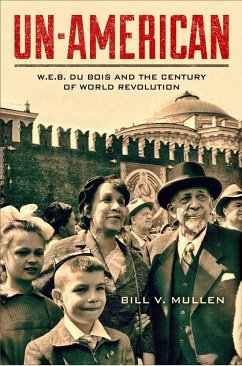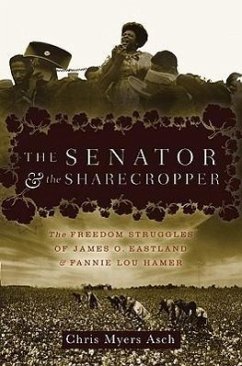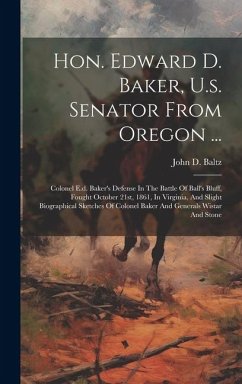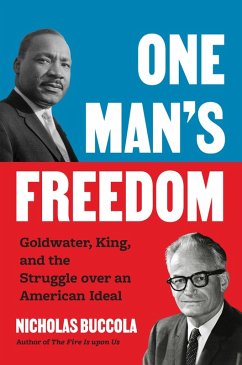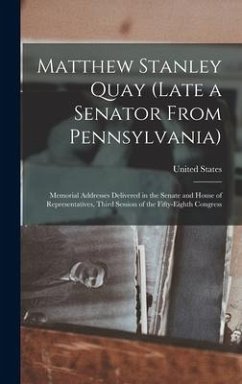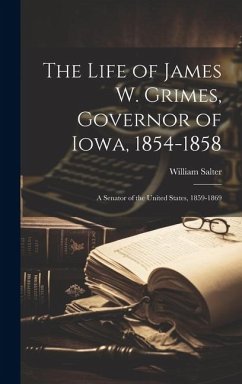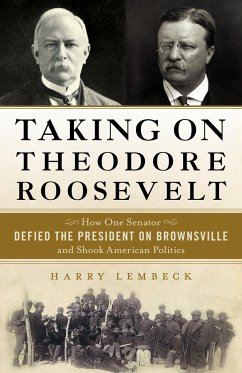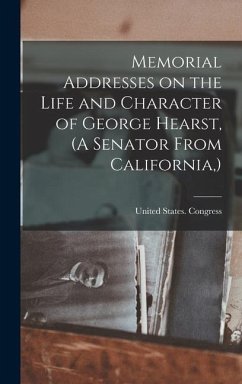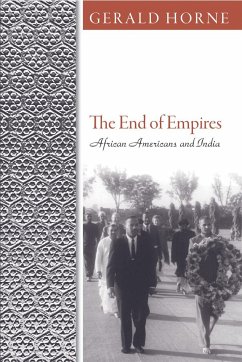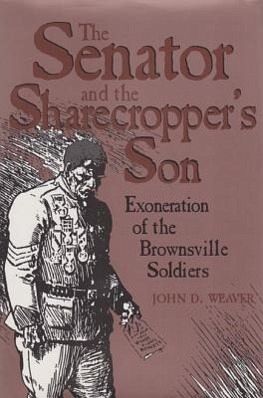
The Senator and the Sharecropper's Son: Exoneration of the Brownsville Soldiers
Versandkostenfrei!
Versandfertig in über 4 Wochen
22,99 €
inkl. MwSt.

PAYBACK Punkte
11 °P sammeln!
A mysterious midnight shooting spree that began on a dirt road in Texas between Brownsville and Fort Brown on August 13, 1906, killed one civilian and shattered the lives of 167 black infantrymen who had been summarily discharged without honor by a stroke of President Theodore Roosevelt's pen. In The Senator and the Sharecropper's Son, John D. Weaver completes the task he began with his 1970 book The Brownsville Raid, which, two years later, led to the soldiers' exoneration. Weaver now traces the intertwined lives of Ohio's Senator Joseph B. Foraker, who risked his political career in an eloqu...
A mysterious midnight shooting spree that began on a dirt road in Texas between Brownsville and Fort Brown on August 13, 1906, killed one civilian and shattered the lives of 167 black infantrymen who had been summarily discharged without honor by a stroke of President Theodore Roosevelt's pen. In The Senator and the Sharecropper's Son, John D. Weaver completes the task he began with his 1970 book The Brownsville Raid, which, two years later, led to the soldiers' exoneration. Weaver now traces the intertwined lives of Ohio's Senator Joseph B. Foraker, who risked his political career in an eloquent defense of the soldiers, who "asked no favors because they are Negroes but only for justice because they are men"; of Dorsie Willis, the Mississippi sharecropper's son who emerged from obscurity as the black battalion's last survivor; and of the New York aristocrat who linked the fates of those two men - the flamboyant and popular Theodore Roosevelt. Weaver's narrative explores these tangled lives against the background of "the color line", which W. E. B. Du Bois defined in 1903 as "the problem of the twentieth century".



